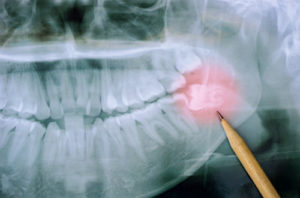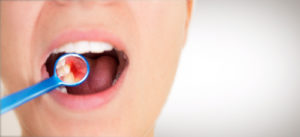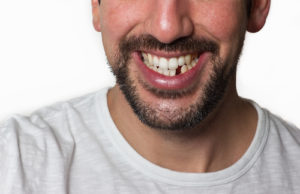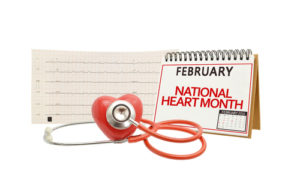
Wisdom teeth can be a pesky problem. It is most common to have wisdom teeth removed. In fact, over 90% of Americans have their wisdom teeth removed. So when can they stay and when do they have to go?
Reasons Wisdom Teeth Need to be Extracted
There’s No Room For Them
The top reason wisdom teeth need to be removed is that there’s no more room in your mouth for four more teeth. If this is happening, your dental team will be able to identify it early through dental x-rays. When there’s simply not enough room for your wisdom teeth, extraction will be recommended. If treatment is not completed and the teeth start to erupt, a whole host of issues can occur including overcrowding, crookedness, and jaw pain. Even if they can erupt fully, they often become in the way of the lower jaw being able to go to the correct position which can lead to headaches, joint pain, and teeth cracking and wearing.
Proper Care Becomes Difficult
If you’re one of the rare cases where your wisdom teeth grow in straight and healthy, your Buckhead dentist may still recommend having them removed. This is to prevent additional problems such as cavities and gum disease in the future. You see, wisdom teeth are way in the back of the mouth and are very difficult to brush and floss properly. This can cause bacteria and plaque build-up, which will put you at an increased risk of decay.
When Don’t Wisdom Teeth Need to be Removed?
Even though 90% of Americans need to have their wisdom teeth out, there are a few cases when wisdom teeth grow in just fine. If your wisdom teeth have enough room to fully erupt without disrupting the neighboring teeth and you’re not having trouble taking care of them, you may just be able to keep them. Remember, your dental team will continue to monitor their health to make sure they’re still ok where they are, and that your mouth and smile are staying healthy.
Seeing your dentist regularly is the best way to determine whether or not you should have your wisdom teeth removed. If you think you may need to have your wisdom teeth checked out, give our Buckhead dental office a call to schedule an appointment today.














